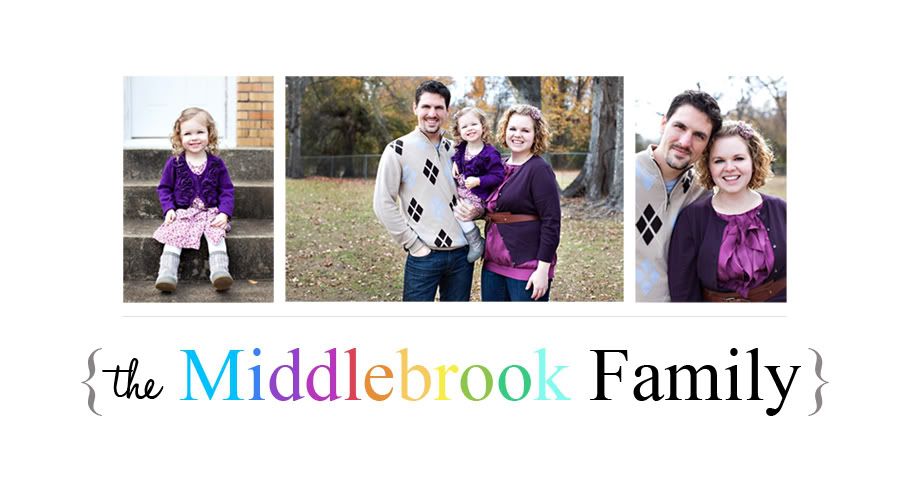Sorry to disappoint if you were hoping for another one of Katie's awesome posts, today you get Thomas :p
The apostle Paul once wrote in Romans 8 a passage that has hounded the corners of my mind for some time now. I had some thoughts on it today, so I thought I'd exorcise them here (after writing it, I must warn that it is heady, confusing, and long) . Below, I've changed the formatting but not the order of the passage:
----------
For I consider that the sufferings of this present time are not worth comparing with the glory that is to be revealed to us.
- For the creation waits with eager longing for the revealing of the sons of God.
- For the creation was subjected to futility, not willingly, but because of him who subjected it, in hope that the creation itself will be set free from its bondage to corruption and obtain the freedom of the glory of the children of God.
For we know that
- the whole creation has been groaning together in the pains of childbirth until now.
- And not only the creation, but we ourselves, who have the firstfruits of the Spirit, groan inwardly as we wait eagerly for adoption as sons, the redemption of our bodies.
For in this hope we were saved.
- Now hope that is seen is not hope.
For who hopes for what he sees?
- But if we hope for what we do not see, we wait for it with patience.
----------
The theologians I have read lately have wanted to say that the groaning of creation relates to the desire of non-human creation to be caught up in Jesus Christ. Unpacked, that seems to mean that creation wants to participate in Jesus' redemptive power, as well as his creative power (Jn. 1:3: all things were made through him). I thought, "Of course, creation knows the creative power of Jesus; creation was created! But what manner of redemption is needed for non-sentient stuff, the amoral creation? They did not fall into sin."
Growing up, teachers pointed to God's cursing the ground in Genesis 3 as a kind of brokenness to the very fabric of created order. Maybe then, creation would need redemption.... but honestly, I never bought that. I've reread the passage closely. Our relationship with creation, especially agriculture, was broken, not the thing itself. I mean, the Garden of Eden was filled with a fully functional garden (created and certainly agricultural) so if something went wrong, creation could still function rightly sans humanity. Right?
So if Luther wrote about humanity's "Bondage of the Will" then what is in the book about creation's "Bondage to Corruption" (cf. passage above)? We are saved, and have faith in this, and sometimes even do so patiently! Therefore, we are patient groaners. And creation is too. Strangely enough, that really does remind me of our plight. Are you a patient groaner too?
Today's insight comes in a roundabout way. First, baptism is a symbol of death and rebirth. Namely our participation in Christ's death. But in many ways it is a proclamation about our future death, that we will rise from it in order to truly live. In other words, we are prefiguring our ultimate adoption as children of God with new bodies (again, cf. passage above).
Secondly, creation is also promised a "new body." See the new earth in Is. 65:17, II Pt. 3:13, and Rev. 21:1. Not again with water, but with fire creation will die and then be reborn.
Third, is the application the "already/not yet" concept. It is means that the Kingdom of God has come, is coming, and will come. So, it is clear what is "not yet" (eternal life, love, etc.). The "already", I believe, is the sanctification, transformation, reconciliation, and other -ation's made possible by the indwelling Holy Spirit in us.
Last, the "already" for creation is also the indwelling Holy Spirit in us. This makes sense for at least three reasons. #1 - in the passage above, creation and humanity seem to have parallel and simultaneous experiences. #2 - in Genesis 3, creation and humanity were subjected also to our respective bondages simultaneously. We became futile on the same day. #3 - in Heaven and Eden, God's purpose for humanity is to live with him, as his sacred people. Perhaps, God's purpose for creation is to be in his presence, as his sacred space.
In sum:
Creation was unwillingly subjected to a corrupt people who made profane space in creation necessary. And so creation futilely strove to be sacred. In ancient temples, mankind would present an idealized creation with gardens and iconography, which often depicted scenes from their "creation stories." Unfortunately for our profane space, these temples did not house God, save one. But now! Creation has this promise of sacred space again. Creation is home to the Holy Spirit, roaming across the land again in temples that are not made by human hands (Acts 7). The Church and Creation both have tongues of flame resting upon them, awaiting the fuller cleansing of our corruption and the surpassing glory that is to be among us, sacred space and sacred people.

What sweetie? Put Katie back on. ;)
ReplyDeleteKatie said something about telling the story about when she was wooed by God. I want to here about that. Honestly Thomas I was just joking hope I didn't hurt your feelings. ;)
ReplyDeleteDon't worry Jackie, I have skin as thick as a boar!
ReplyDelete-Thomas